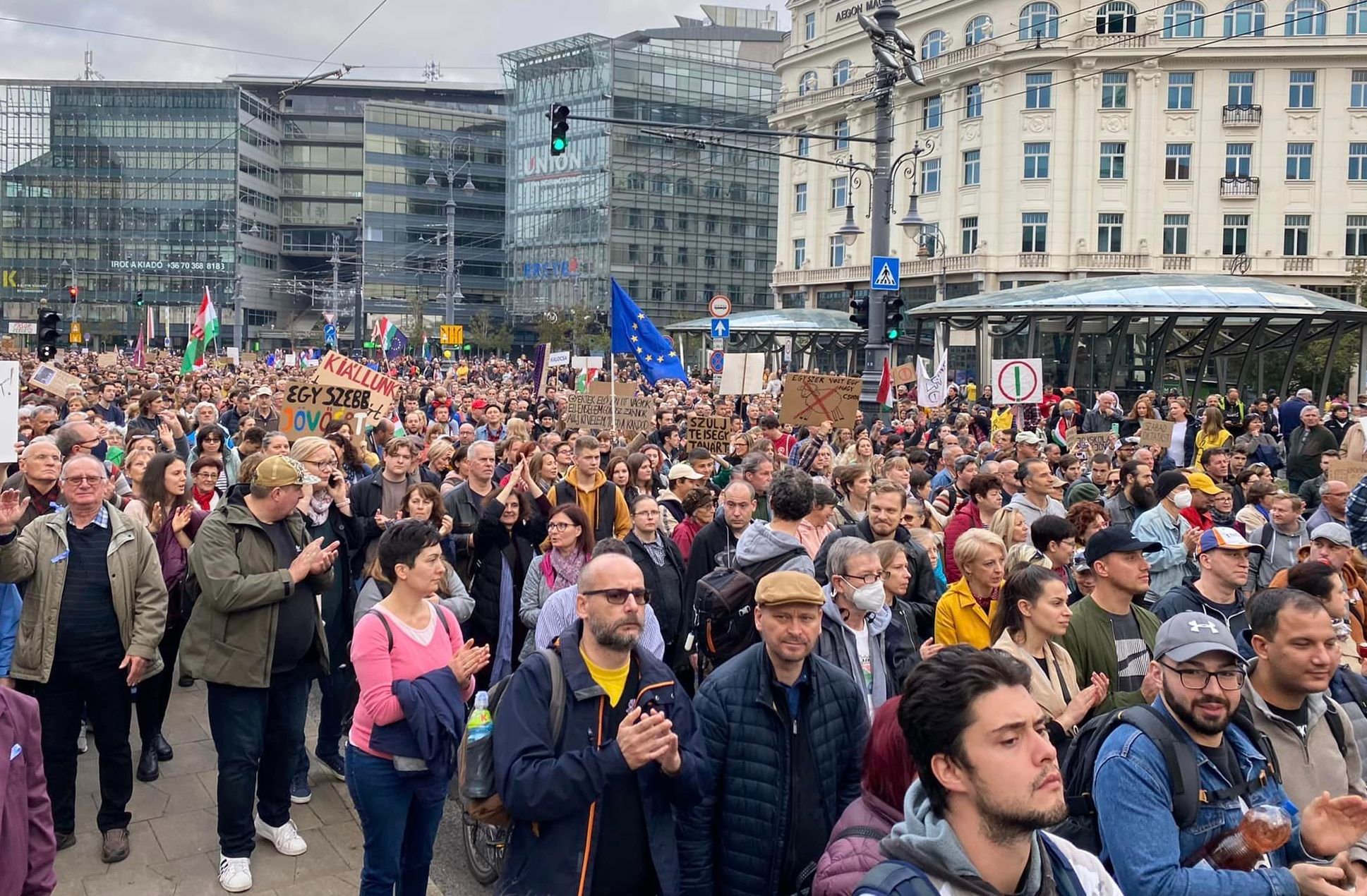
Although it is usually not acceptable for an external player to interfere in the internal affairs of a state, those in Brussels see things differently.Continue reading
The national consultation on education launched by the Ministry of the Interior, in which parents were able to give their views on, among other things, the quality of education and the situation of students, has ended. More than 130,000 people returned the questionnaire, which showed that the vast majority of respondents were satisfied with their schools and teachers.
The results of the consultation were presented on Thursday by Bence Rétvári, Parliamentary Secretary of State at the Ministry of the Interior. He said that 61 percent of respondents rated their school as the best, a five or a four on a scale of five. However, it is also worth noting in this context that about 40 percent did not seem to be satisfied with the school- a rather high number.
The consultation also revealed that a fairly high proportion of parents, 35 percent, think that teachers are not completely objective in their assessment of their child, while 65 percent think that the assessment is completely objective. This is also an interesting phenomenon among parents on this matter.
The question of extra private lessons also proved to be a divisive issue.
This is a persistent theme among parents, with many believing that if their child wants to excel in a particular subject and achieve at the top level, they need a special lesson where the teacher only deals with one student. Another reason why children are often sent for extra help, is if they fall behind in school because the pace is too fast for them. Usually, teachers keep a certain pace in a class of 25-30 students, but it is not always suited for everyone. In the consultation, many did not answer the question about private lessons, but of those who did, 24 percent said that their child has private lessons.
However, probably the most divisive question in the questionnaire was about what parents think about teachers’ protests and the increasing involvement of students in the demonstrations.
Rétvári said that the majority of parents did not want to deal with the issue at all, i.e. they did not respond to the question, and he also did not share what percentage of parents did not want their children to be involved in politics.
This is probably due to the fact that the issue of teacher protests is extremely controversial in society, and even among teachers themselves. Teachers in institutions are divided into two groups: those who support the protests and protest themselves, and those who do not support this kind of movement. Moreover, in many cases, teachers look askance at those colleagues who refuse to take part in demonstrations, which are increasingly taking on political colors. As a result, the mood in many schools is frosty, and people’s personal opinions do not seem to be accepted.
The situation may be similar among parents, where people may not want to take up such a divisive issue. That is, a parent may not want to say, even in a consultation, that they disagree with the demonstration and the involvement of children because they do not want other parents to be hostile to them and their child because of it, nor do they want the teacher to treat their child unfavorably at school because of it.
Teachers’ protests have been going on for months now in Hungary, with teachers demanding higher wages for themselves. There is a justification for this, but recently the demonstrations have become increasingly political, with teachers and trade unions, often in conjunction with students, now making anti-government demands.
Featured photo via Facebook